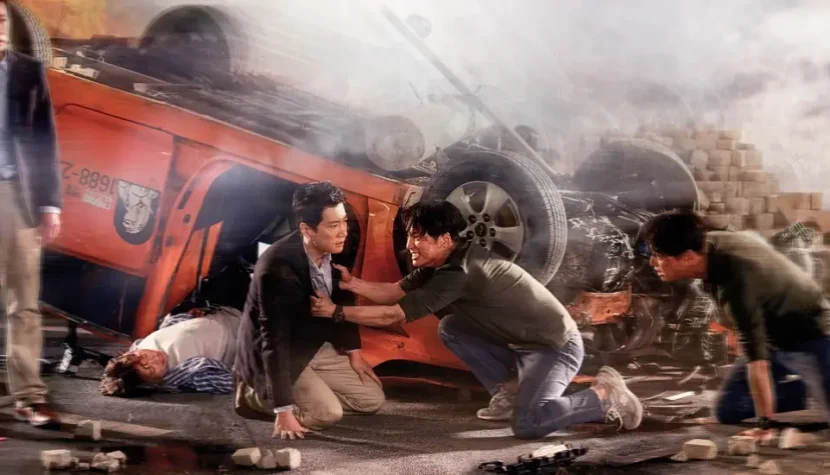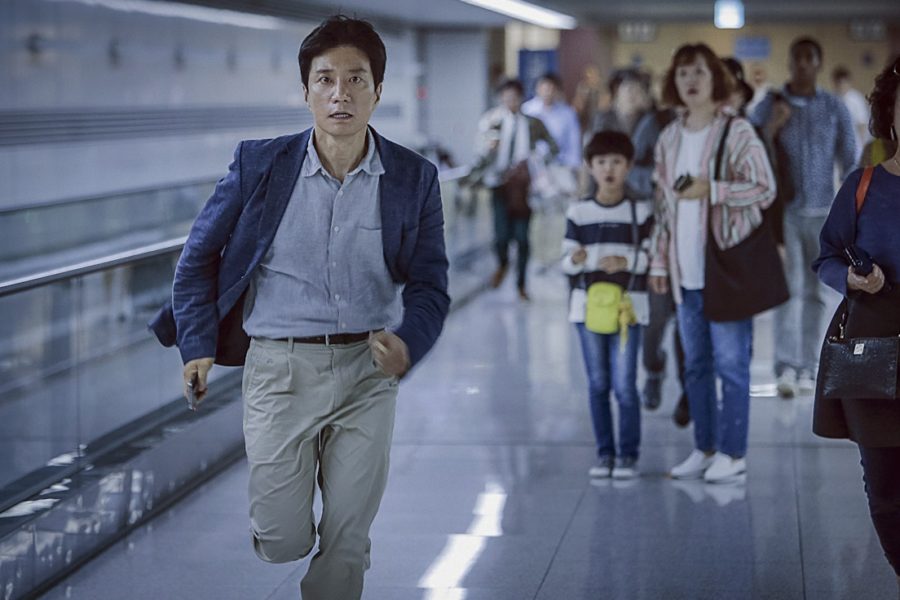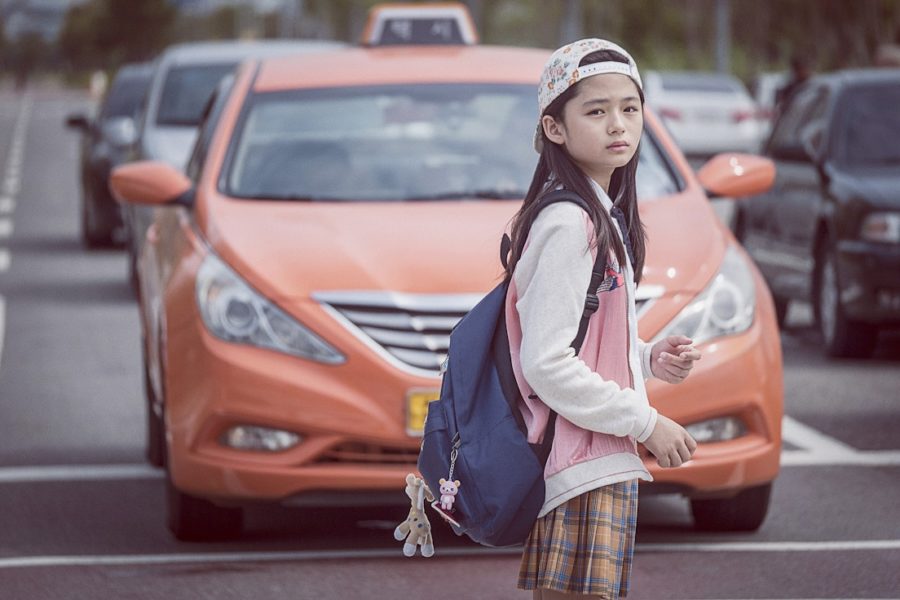A DAY. An Engaging Thriller Utilizing Science Fiction Motifs

Apparently, an American producer once said that a film should be like an emotional rollercoaster. Hollywood filmmakers took this motto to heart, but most of them forgot the key word in this sentence: “emotional.” This is where Asian filmmakers differ. In search of a new quality, a new perspective, and fresh emotions in cinema, I recently took a virtual journey to the Far East to explore the palette of oriental flavors. I’ve become particularly fond of South Korean cinema, and I eagerly watch productions from that country. I’m almost never disappointed. “A Day”—the debut of director Sun-ho Cho—only reinforces my opinion of the high quality of Korean cinema.
It should be stated from the outset, though, that this isn’t a masterpiece and likely won’t go down in cinematic history. I doubt it will achieve international success on par with works by Park Chan-wook or Kim Jee-woon. “A Day” is simply an interesting, well-made, and surprising thriller that knows its purpose. On a theater screen or home display, it delivers ninety minutes of tension and emotion, keeping the viewer glued to the screen. And it does just that.

The film begins with a nearly slice-of-life sequence where we meet a father, a well-known doctor, and his daughter, who he frequently neglects. Returning by plane from a business trip, the man promises over the phone that he won’t be late for their scheduled meeting this time. This stereotypical portrayal of a broken family, laced with a bittersweet tone and a touch of Korean pop, is quickly ripped to shreds. On his way to meet his daughter, the doctor witnesses an accident. He rushes to help the victims, only to realize that one of the casualties is his own daughter. Then, he wakes up on the plane, an hour before the accident. He realizes fate has given him a chance to save his daughter’s life, but it won’t be easy.
The first twist is perfectly timed—occurring just as we’ve gotten to know the characters, their personalities, and their problems. The moment the father realizes his daughter has just died under the wheels of a car whose driver he tried to save is chilling, and it’s portrayed in a creative, unconventional way. From then on, the story unfolds exponentially: the script reveals more details about the tragic incident, introduces other people involved who have also fallen victim to this mysterious time loop. The deeper into the film we go, the faster and more intense it becomes, right up until the finale. While you might guess the ending around halfway through, in a plot this well-crafted, that’s hardly a flaw. As mentioned before, “A Day” knows what it is and what it’s meant to do. For a directorial debut, Cho handles the thriller genre impressively well.

A hallmark of South Korean genre cinema seems to be the tendency to blend different styles within a single film. Just think of “A Bittersweet Life”, which mixes romance with gritty gangster elements, or “Mother (Madeo)”, which breathes new life into the stale crime genre with unexpected social commentary, or the wild, postmodern “Okja”. “A Day” doesn’t break new ground, but it clearly echoes this trend, using science fiction elements to tell a dramatic story about taking responsibility for one’s choices. It’s no surprise the film’s marketing compared it to “Groundhog Day”. However, “”Groundhog Day” with a serious tone” doesn’t quite capture the essence of “A Day”.
There are a few editing missteps and some moments of kitsch (likely from a European perspective on Asian art and aesthetics). If I were to nitpick, I’d mention the occasionally overdone music, which tries to amplify the scene’s impact rather than illustrate it. These are minor issues, however, and I only mention them because I happened to notice them. The cinematography deserves praise, with frames dominated by natural lighting, making scenes like the accident look like an ordinary day interrupted by a sudden, severe tragedy. Cinematographer Ji-yong Kim shows off with long tracking shots or slow-motion, though this doesn’t always align with the tone of the story. The night scene, however, suffers from lighting that exposes the imperfections of digital recording.
In summary, “A Day” is an example of a well-crafted, engaging thriller that borrows its motifs from other sources. With confident work by the screenwriter-director and cinematographer, and natural, understated performances, it provides a satisfying experience that goes by quickly. It reinforces my conviction that South Korean cinema is well worth exploring.

